Revolution DefinitionHere, we derive the core ideas that help us comprehend what drives international relations revolutions. 
What is Revolution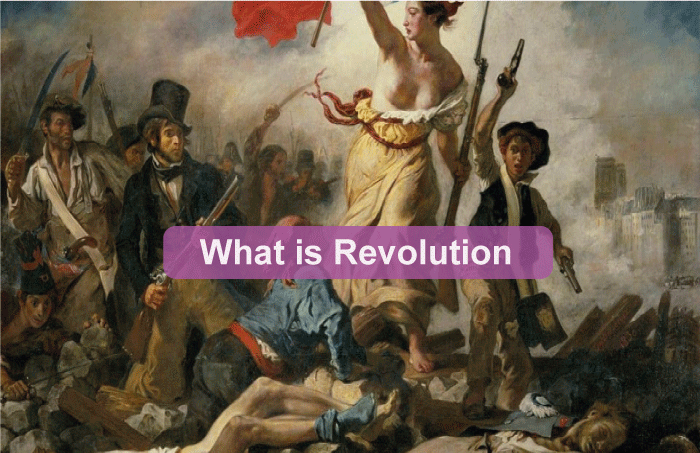
Revolution as a term in International Relations may be described in many circumstances based on the perspectives of researchers. Yet, according to Samuel Huntington, it may be described as a rapid, profound, and violent internal shift in a society's prevailing beliefs and myths, whether in terms of its political institutions, leadership, or governmental actions and policies. Theda Skocpol, on the other hand, believes that revolutions are the swift and fundamental restructuring of a society, a state, and a class structure, accompanied and partially carried out by class-based rebellion from below. Katz also believed that revolutions involved overthrowing an established government by violent methods and replacing it with a new government that aimed to create a new political and social system. A revolution is focused on transferring from an existing system to a new one, whether for better or worse, with its own set of effects and realities. Revolutions can be of different types, such as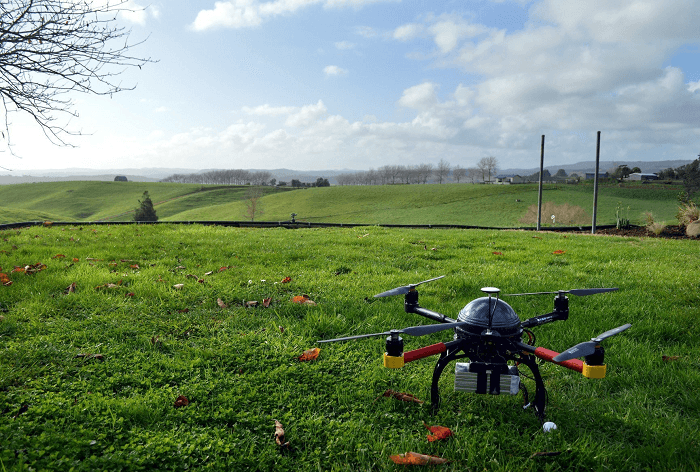
Types of Revolution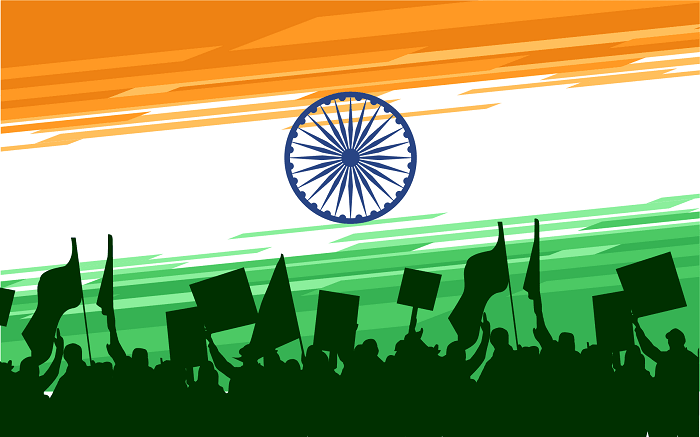
As a type of typological nomenclature, revolutions have a variety of forms attached to them. The mentioned typological nomenclature appears for their instigators, fundamental concerns, goal, or objective, which caused the Revolution. Aristocratic Revolution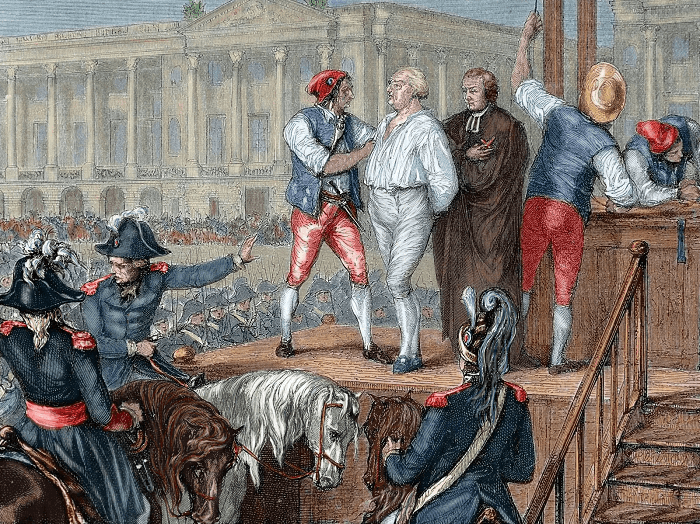
The aristocratic class of society's privileged and entrenched elites' unanimity breaks down, leading to such Revolutions. In such a circumstance, groups appear, and one challenges the existing system. This issue may have arisen for various reasons, including the loss of benefits from the present system. Example: The Meji Revolution Bourgeois Revolution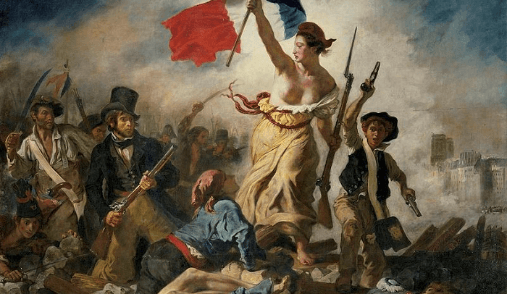
Here, the rich, non-aristocratic, and non-noble elites of society are the ones that lead this Revolution. This group comprises wealthy businesspeople, professionals, and merchants with the resources to establish a strong political force. The Bourgeois aims to remove the control of political involvement from a select group of wealthy individuals. As a result, they strive for increased power by changing the unjust circumstances that limit them. For instance, The French Revolution Proletarian Revolution
A revolution primarily supported by the working class, or as Karl Marx put it, the "Have Not," is known as a proletarian revolution. Usually, the group in charge of this Revolution is radical. They want to remove an unfair political or economic system that keeps them exploited, dependent, and oppressed. E.g., Bolshevist Revolution Peasant Revolution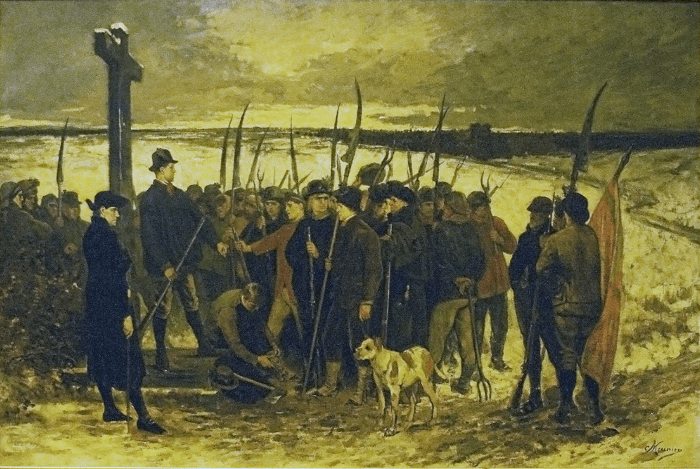
The Peasant Revolution has mostly disappeared from contemporary World Society. It happened in the past when the lowest level in society, the peasants, rose to overthrow their landowners or landed masters. Peasants were also known as serfs or servile class since they were bound to the land. For instance, the Red Turban Revolution Coup D'Etats
Controversially, coups d'�tat have recognized a kind of revolution. Its eligibility for such a name, however, is not without controversy. A coup is a violent act to remove a system's political leadership. Often, a small group inside the government system is involved. Not necessarily connected to significant change. For instance, the coup in Nigeria on January 15, 1966 Revolution's stages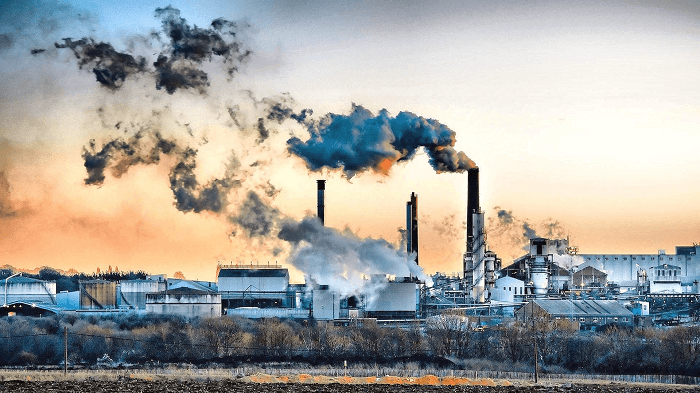
Based on their observations of revolutionary occurrences, international affairs experts have determined that some activities precede what ultimately results in revolutions. Such reasoning produced what they refer to as a revolution's stages. As a result, a number of these Stages have been put up by academics based on their viewpoint. Hence, Crane Brinton's explanation in "The Anatomy of a Revolution," one of the most notable, comes to mind. Crane Brinton described a revolution's four phases in his book "The Anatomy of a Revolution" as a result. Incubation stage
The symptoms of a revolution are seen at this stage before the Revolution happens. Economic crises, a feeling of governmental unfairness, and lax standards are a few examples of such symptoms. Moreover, it might include failure or the recruitment of military forces by revolutionaries, as well as half-hearted reforms, intellectual resistance, social division, and antagonism. Moderate stage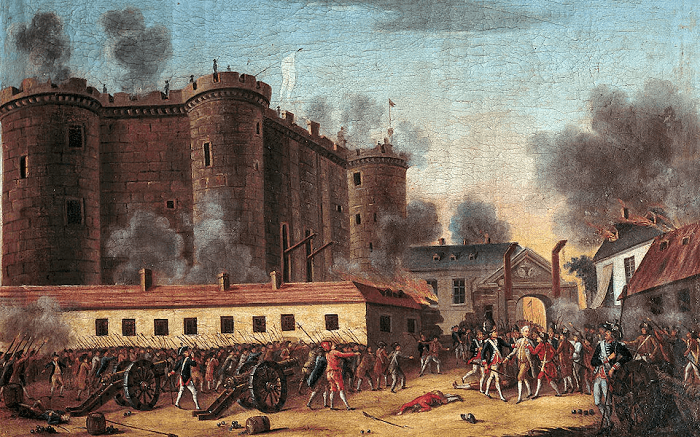
The Revolution officially started with its non-violent aspects at this stage. Here, a request for a modification is being made. At this point, people also attempt to come to an understanding and look for improvements to the problems being pushed by the revolutionaries. Crisis stage
Here, this stage develops due to the Revolution's sides' failure to reach an acceptable agreement. There is an increase in violence at this stage. Increased violence and the emergence of increasingly radical elements on both sides. Hence, revolutionary conflict takes place, particularly in its most brutal form. It will end either through exhaustion or success. Recovery stage
The Revolution is now in its final stages. In this place, hostilities are put to an end. By this point, the revolutionaries or counterrevolutionaries have either succeeded or reached a process of integration. Revolutionary
Any person or organization who wants to bring about a radical change in society is considered revolutionary. These people will probably fill the top rungs of the Revolution since they are motivated and determined. The majority of the time, they start or support revolutionary movements. They serve as a focal point for revolutionary activity as well. Nelson Mandela, Mahatma Gandhi, etc. How does a revolutionary process work?
The Revolutionary Process may be understood as a sequence of steps from elements relevant to a revolution to realize a revolutionary goal. This method must still be determined; these steps might happen first. Steps, choices, and reactions are all part of the process. A revolution's process may start, but it need not necessarily come to a finish to comprehend it. Revolutionary Situation or Condition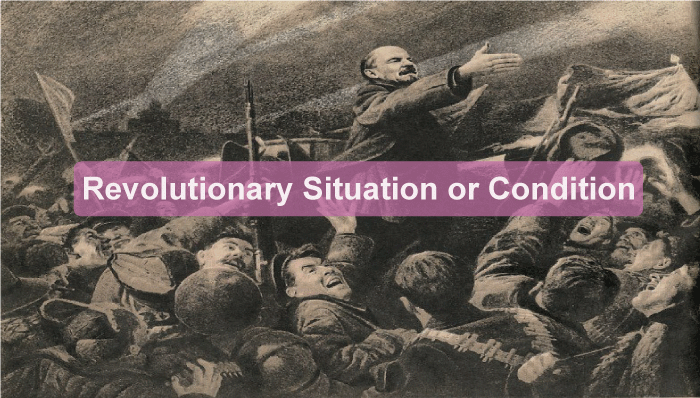
Several factors or circumstances must be present for a revolution to occur, the most crucial of which is the need for a change that has been maintained long enough to justify a revolutionary response. An example of an authoritarian regime is the SitTight Syndrome. Revolutionary Idea
Revolutionary Ideas refer to the prevalent ideologies that serve as the basis for the revolutionary movements. It discusses the concept of much-needed change and how it should be achieved. It is possible to say that the Revolution is in mind. For instance, Mahatma Gandhi was "non-violent," and the American Revolution was "no taxation without representation," etc. Revolutionary Movement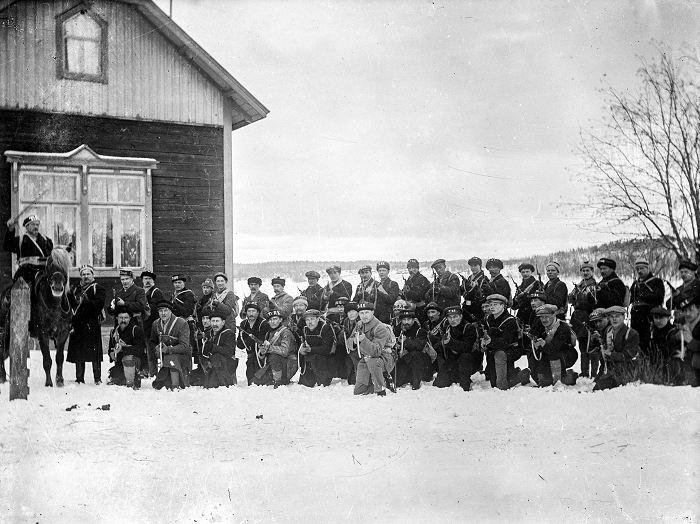
A collection of people united around a common cause is a revolutionary movement. They are primarily committed to changing the current system, which is their main goal. They either operate violently or nonviolently.
Next TopicRevolution Definition
|
 For Videos Join Our Youtube Channel: Join Now
For Videos Join Our Youtube Channel: Join Now
Feedback
- Send your Feedback to [email protected]
Help Others, Please Share










